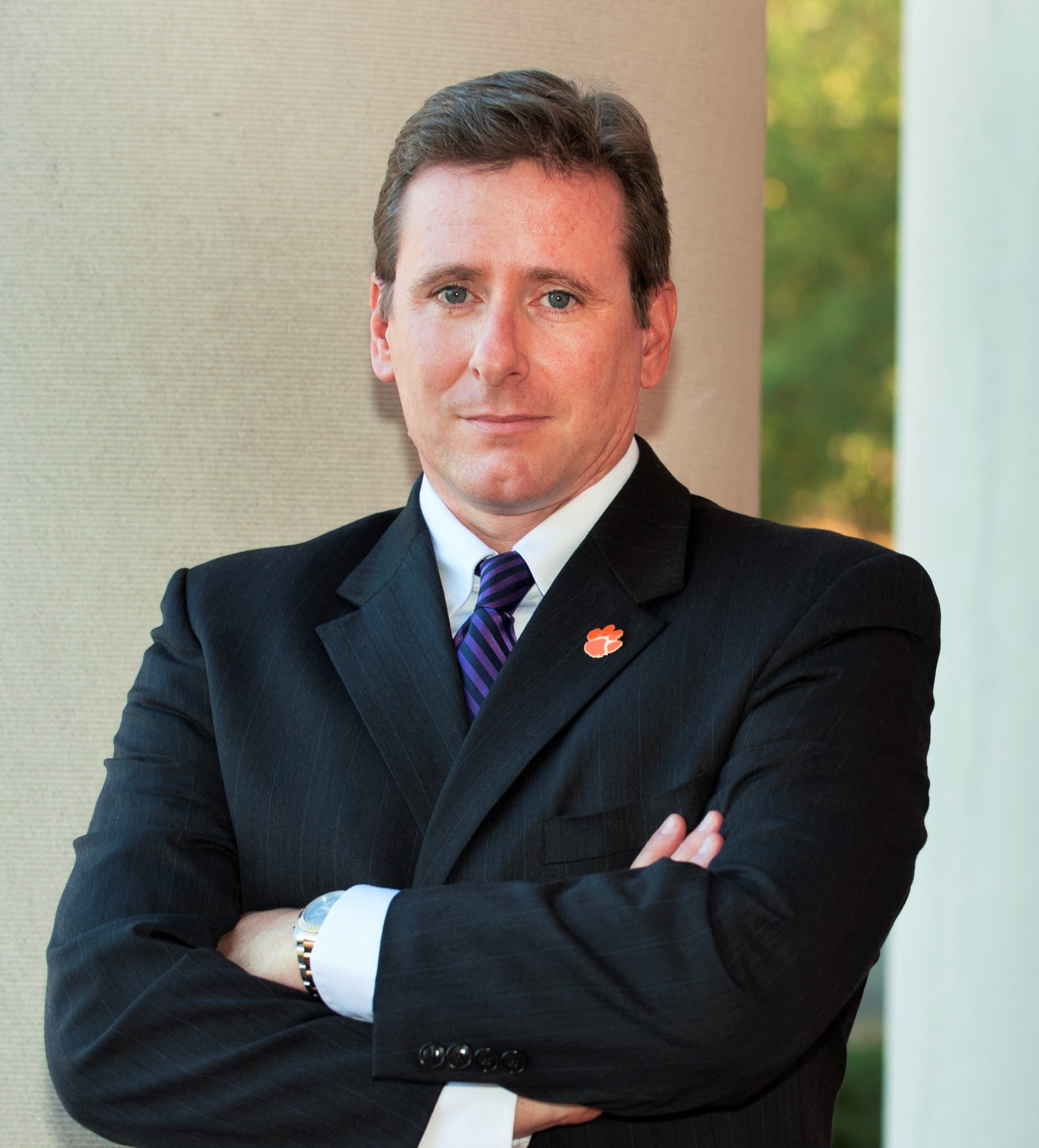Jason W. Osborne Clemson University, USA
Jason W. Osborne is a thought leader and professor in higher education. His background in educational psychology, statistics and quantitative methods, along with that gleaned from high-level positions within Academia gives a unique perspective on the real-world data factors. In 2015, he was appointed Associate Provost and Dean of the Graduate School at Clemson University in Clemson, South Carolina. As well as Associate Provost, at Clemson University, Jason was a Professor of applied statistics at the School of Mathematical Sciences, with a secondary appointment in Public Health Science. In 2019, he took on the role of Provost and Executive VP for Academic Affairs at Miami University. As Provost, Jason implemented a transformative strategic plan to reposition the institution as one prepared for new challenges with a modern, compelling curriculum, a welcoming environment, and enhanced support for student faculty positions and staff. In 2021, he was named by Stanford University as one of the top 2% researchers in the world, underlining his commitment to world-class research methods across particular domains, ultimately influencing a generation of learners. Currently, Jason teaches and publishes on data analysis "best practices" in quantitative and applied research methods. He has served as evaluator or consultant on research projects and in public education (K-12), instructional technology, health care, medicine and business. He served as founding editor of Frontiers in Quantitative Psychology and Measurement and has been on the editorial boards of several other journals (such as Practical Assessment, Research, and Evaluation). Jason W Osborne also publishes on identification with academics and on issues related to social justice and diversity. He has written seven books covering topics to communicate logistic regression and linear modeling, exploratory factor analysis, best practices and modern research methods, data cleaning, and numerous other topics.





